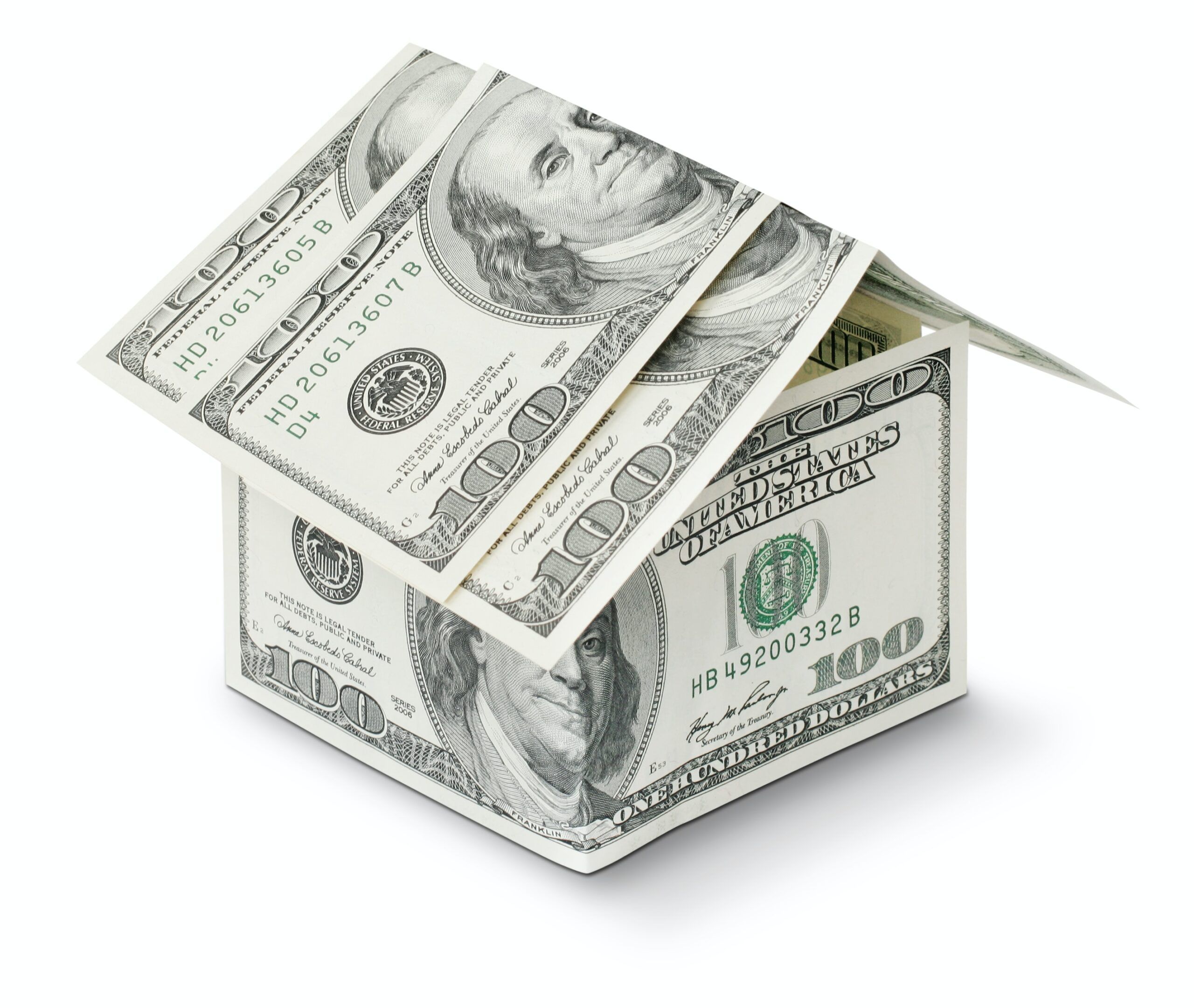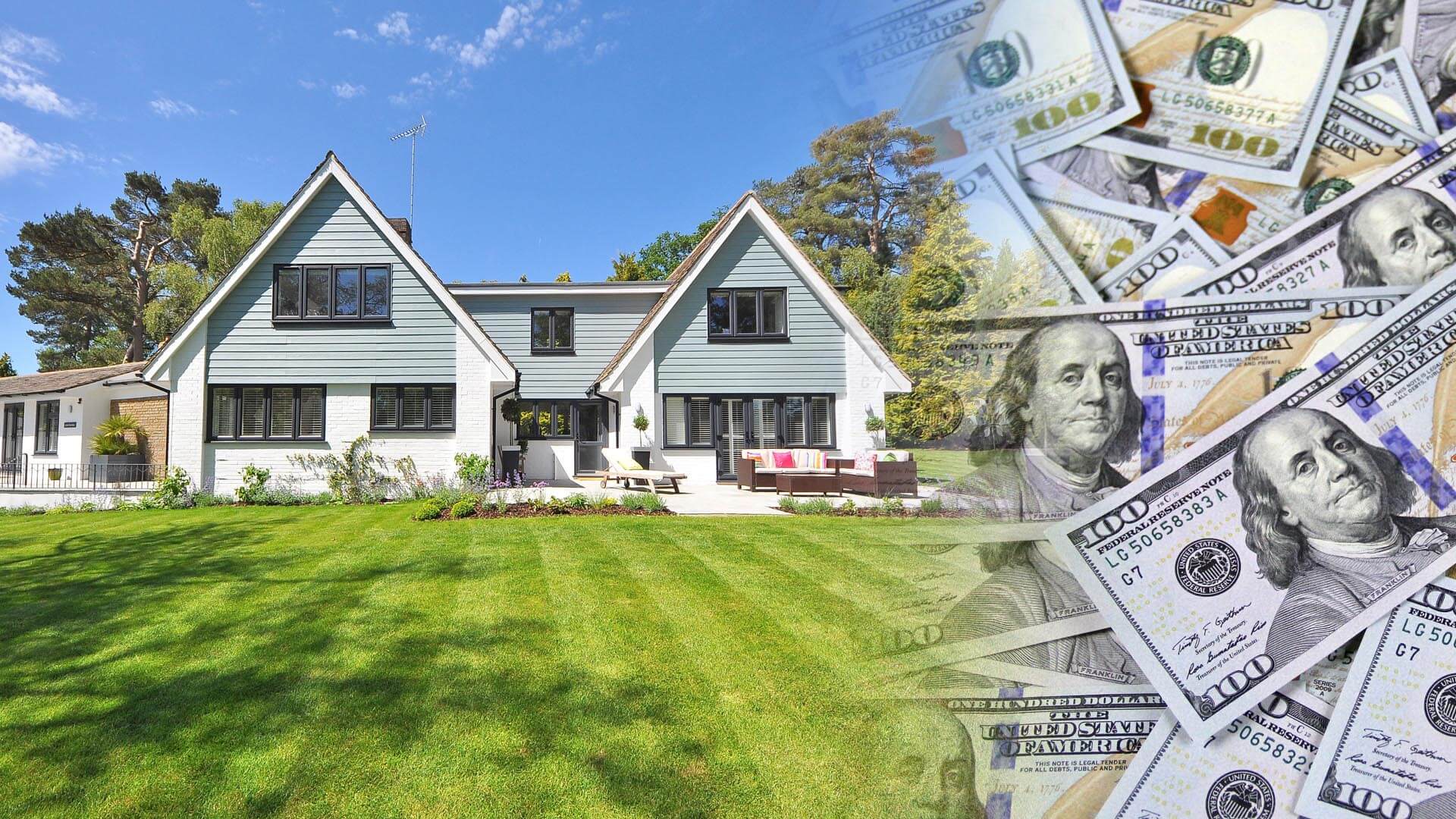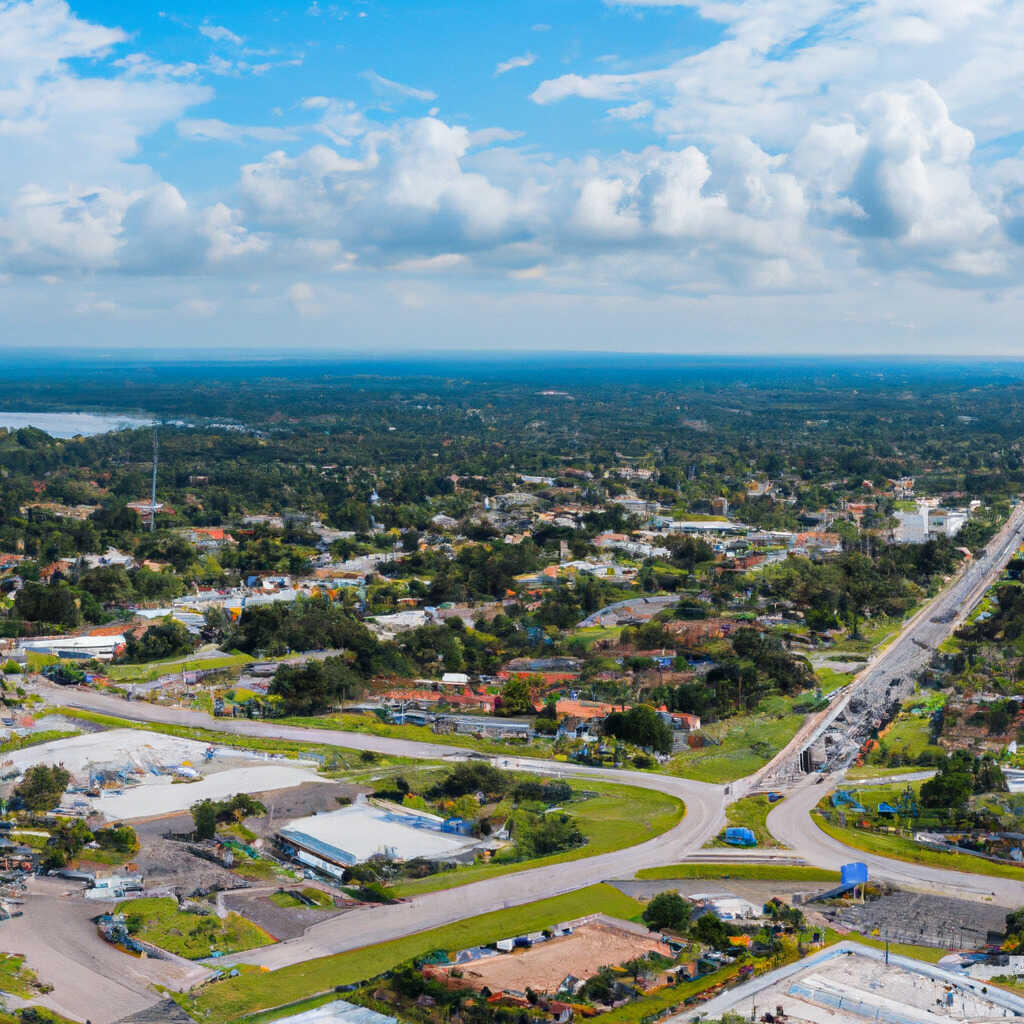When you buy a house in Florida, you have to think about many things, like the price of the house, where it is, and what it looks like. But there’s something else you need to think about: closing costs. So, who pays closing costs in Florida? This article will explain what closing costs are, who usually pays them, and how you can prepare for them. We’ll make it simple, so even kids can understand!
What Are Closing Costs?
Closing costs are the extra fees you pay when you buy or sell a house. These costs are not part of the house’s purchase price, but they are important to budget for. Closing costs can include things like:
- Loan origination fees: This is what the lender charges to process your loan.
- Title insurance: This protects you if someone claims they own the house.
- Appraisal fees: This pays for someone to check if the house is worth what you’re paying for it.
- Home inspection fees: This pays someone to look for problems in the house before you buy it.
- Recording fees: This is the fee to officially record the sale with the government.
These costs can add up quickly and usually range from 2% to 5% of the purchase price of the home. For example, if you buy a home for $300,000, closing costs could be anywhere from $6,000 to $15,000! That’s a lot of money, so knowing who pays these costs is super important. Also read Who Pays Closing Costs in Florida?
Who Pays Closing Costs in Florida?
Now, let’s answer the big question: who pays closing costs in Florida? The answer is a bit tricky because it can depend on many things, like the agreement between the buyer and seller and local customs. Here’s a simple breakdown:
Buyers Typically Pay Closing Costs
In most cases, the buyer pays the closing costs. This includes all those fees we talked about earlier. When you buy a home, you’re taking out a loan, and the lender wants to ensure everything is taken care of before they give you the money. So, as the buyer, you usually need to cover these costs.
Sellers Can Also Help
Sometimes, sellers will help pay some of the closing costs to make their home more attractive to buyers. This is called “seller concessions.” For example, if a buyer is having trouble coming up with enough cash for closing costs, the seller might agree to pay a portion of those costs as part of the sale agreement. This can help both parties because it can make the deal happen faster.
Local Customs Matter
In Florida, it’s common for buyers to pay the majority of the closing costs. However, local customs can vary from one city or county to another. In some areas, sellers might pay more of the costs, so it’s important to check the local practices. Knowing your local market can help you understand what to expect.
Breakdown of Closing Costs in Florida
Let’s look at the typical closing costs you might see in Florida. This will help you understand what you’re paying for and how much you might need to budget. Here’s a simple list of common closing costs for buyers:
1. Loan Origination Fees
When you take out a mortgage, the lender will charge you a loan origination fee. This is usually about 0.5% to 1% of the loan amount. If your loan is $250,000, expect to pay between $1,250 and $2,500 just for this fee.
2. Title Insurance
Title insurance is a smart way to protect your investment. It usually costs around $1,000, but it can vary based on the home’s price. This insurance protects you from any claims against the title of your new home.
3. Appraisal Fees
Lenders require an appraisal to ensure the home is worth what you are paying. Appraisal fees typically range from $300 to $500. This is an important step because it helps ensure you’re not overpaying for the property.
4. Home Inspection Fees
Getting a home inspection is vital to check for any hidden problems with the house. Home inspection fees usually cost between $300 and $500. This small investment can save you a lot of money down the line.
5. Recording Fees
When the sale is final, the government needs to record the transaction. Recording fees can vary but are usually between $50 and $200. This fee makes sure that everyone knows you are the new owner of the home!
6. Prepaid Costs
These are costs you pay upfront, like property taxes and homeowners insurance. Depending on when you buy the home, you might have to pay some of these costs at closing. This can add up quickly, so it’s something to consider.
How Much Are Closing Costs in Florida?
The total closing costs in Florida can vary widely, but you can expect to pay anywhere from $6,000 to $15,000 on a typical home purchase. It’s a good idea to ask your lender for a Loan Estimate when you apply for a mortgage. This document will give you an idea of what your closing costs will be and help you plan your budget.
A Closer Look at Closing Costs
Let’s break down closing costs even further to help you understand better.
Example of Closing Costs on a $300,000 Home
- Loan Origination Fee: $1,500 (1% of loan amount)
- Title Insurance: $1,000
- Appraisal Fee: $400
- Home Inspection Fee: $400
- Recording Fee: $100
- Prepaid Property Taxes: $1,500
- Prepaid Homeowners Insurance: $800
Total Estimated Closing Costs: $5,800
In this example, the buyer will need to budget about $5,800 for closing costs alone, in addition to the down payment. It’s important to remember that these numbers are just estimates, and your actual costs may vary.
How to Prepare for Closing Costs
Since closing costs can be a big surprise if you’re not ready, here are some tips on how to prepare for them:
1. Save Early
Start saving for closing costs as soon as you think about buying a house. The earlier you start, the less stressful it will be when you get closer to closing.
2. Ask About Closing Costs
When you’re looking for a mortgage, make sure to ask lenders about their closing costs. Some lenders may offer lower fees, so it’s worth shopping around.
3. Get a Loan Estimate
Always ask for a Loan Estimate when you apply for a mortgage. This document will give you a good idea of the costs involved, so you can plan accordingly.
4. Negotiate with the Seller
If you find a home you love, consider negotiating with the seller to help cover some of the closing costs. This can make the deal more appealing for both sides.
5. Check for Assistance Programs
There are many programs in Florida that can help first-time homebuyers with closing costs. Research these programs to see if you qualify. They can provide valuable assistance and make buying your first home more affordable.
Conclusion
Understanding who pays closing costs in Florida is essential for anyone looking to buy or sell a home. In most cases, buyers will pay these costs, but sellers can sometimes help out. Knowing what to expect can make the home buying process smoother and less stressful.
Remember to budget for closing costs early, ask questions, and do your research. With the right preparation, you can be ready for the exciting adventure of buying your new home in sunny Florida!





